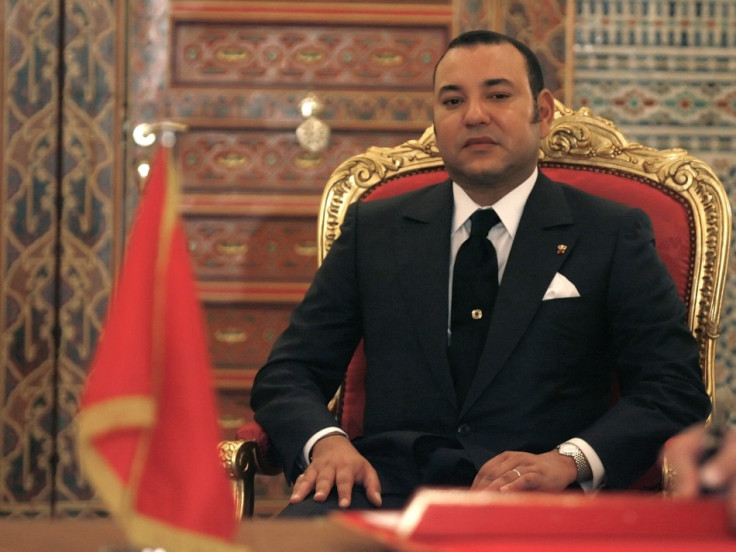Morocco votes on new constitution: Could the monarchy be on its way out?

Moroccans voted on Friday in a referendum on curbing the near absolute powers of King Mohammed VI, who has offered reforms following protests inspired by pro-democracy uprisings around the Arab world.
Following the wave of unrest that swept across North Africa and the Middle East, King Mohammed VI decided to avoid a popular uprising similar to Egypt or Tunisia and announced the referendum last month to devolve some of his powers to the prime minister and parliament of the North African country.
Under a newly drafted constitution being voted on Friday, the king would remain head of state, the military, and the Islamic faith in Morocco, but the prime minister, who would be chosen from the largest party elected to parliament, would take over as the head of the government.
Analysts are confident voters will approve the new constitution, but were anxious that turnout would not be high enough to ensure the referendum result's credibility.
Following high temperatures, the vote started slowly in the morning but turnout was expected to grow after midday prayers.
According to figure released by the interior ministry participation was at 26.2 per cent after four hours of voting.
Voter Youssef Ghanmi, a 35-year-old driver, told the AFP he had backed the king's reforms.
"I voted for the constitution because it allows for a separation of powers and a more independent judicial system, and will reinforce equality between men and women," he said.
Other voters told journalists they were enthusiastic and came to "answer the King's call" without feeling pressured.
Polls are expected to close at 7:00 pm (1800 GMT), with preliminary results expected late Friday or early Saturday. Around 13 million of the country's 32 million people were registered to vote.
Mohammed VI took over from his Father, the charismatic king Hassan II in 1999 and while he had promised for new reforms when he took power, the people felt he did not achieve the level of change they had expected.
The Monarch finally called for a new constitution after a youth-based February 20 Movement organised weeks of protests that brought thousands to the streets to call for more democracy, better economic prospects and an end to corruption.
As the proposed reforms fall short of the full constitutional monarchy many protesters were demanding, the movement has urged its supporters to boycott Friday's vote.
In a statement posted on its Facebook page Friday, the movement called on its supporters to stay away from the polls.
"We are calling for a boycott of this referendum because the constitution it proposes consecrates absolutism and will not make corruption disappear," it said.
The reform plan has been hailed abroad, however, with the European Union saying it "signals a clear commitment to democracy".
Throughout a brief campaign, the new constitution has been fiercely backed by the country's main political parties, unions, civic groups, religious leaders and media. The campaign was dominated by the "yes" side, with few signs of an organised "no" vote movement.
Pro-government newspapers on Friday exhorted citizens to vote, with Le Matin urging "To the Polls, Citizens" and Liberation describing the vote as a "Date with History".
Along with changes granting the prime minister more executive authority, the new constitution would reinforce the independence of the judiciary and enlarge parliament's role by removing the need to the king as "sacred", and would also guarantee more rights to women and make Berber an official language along with Arabic.
© Copyright IBTimes 2025. All rights reserved.





















